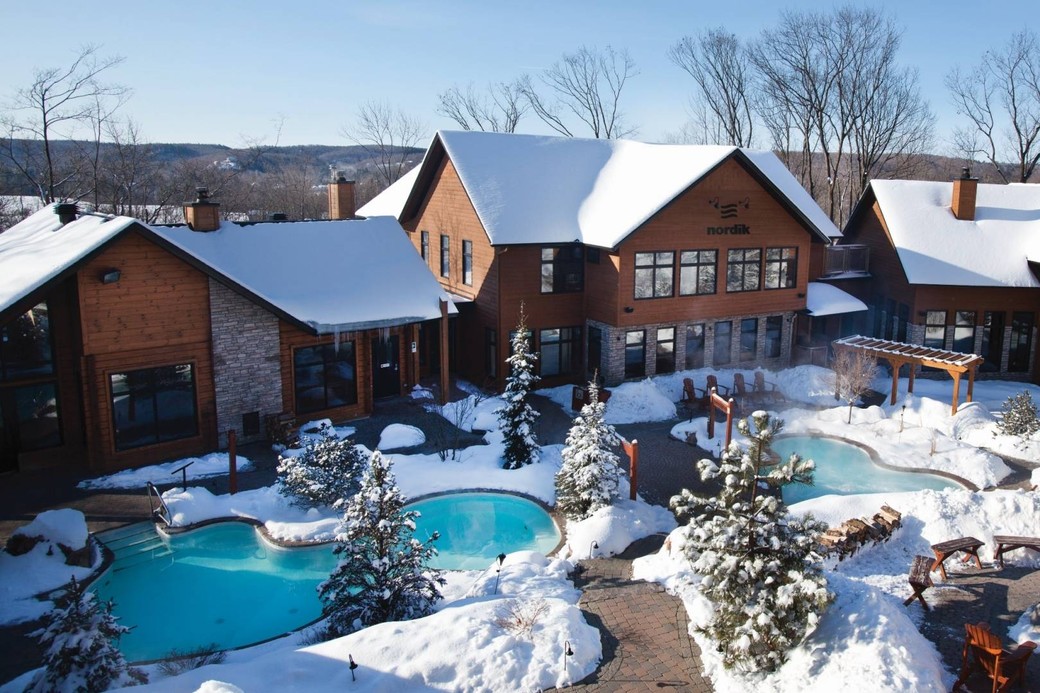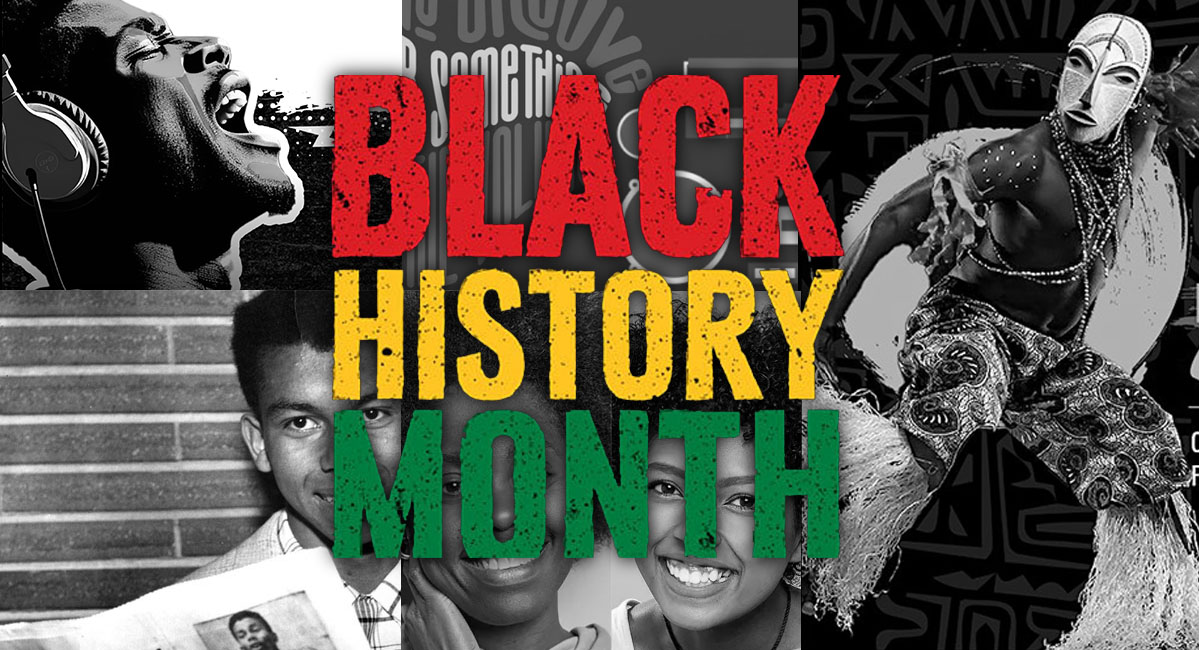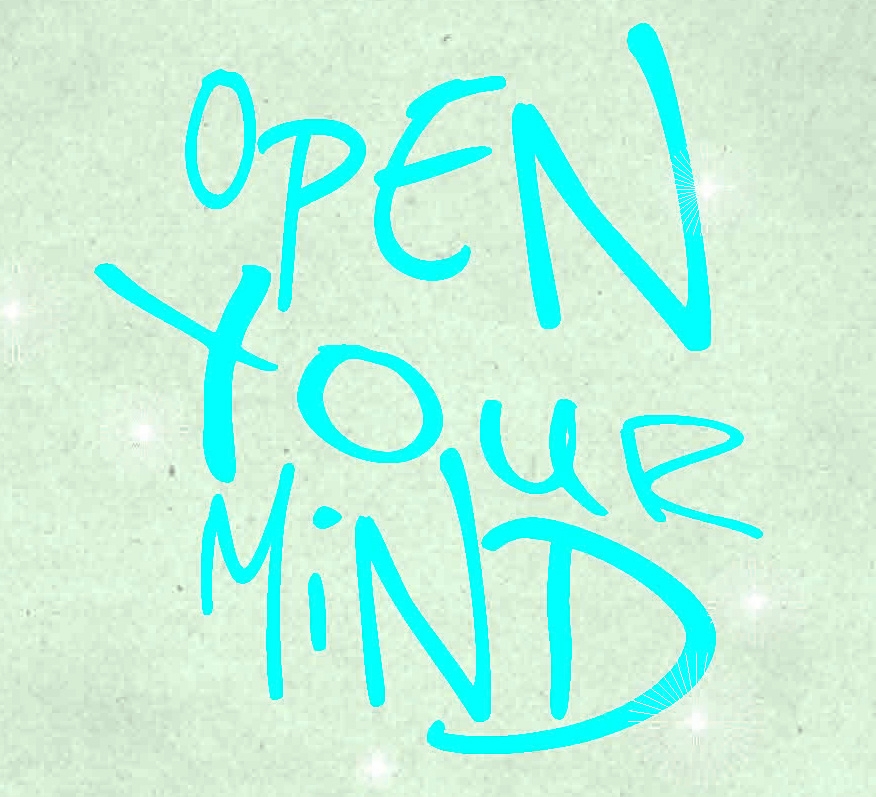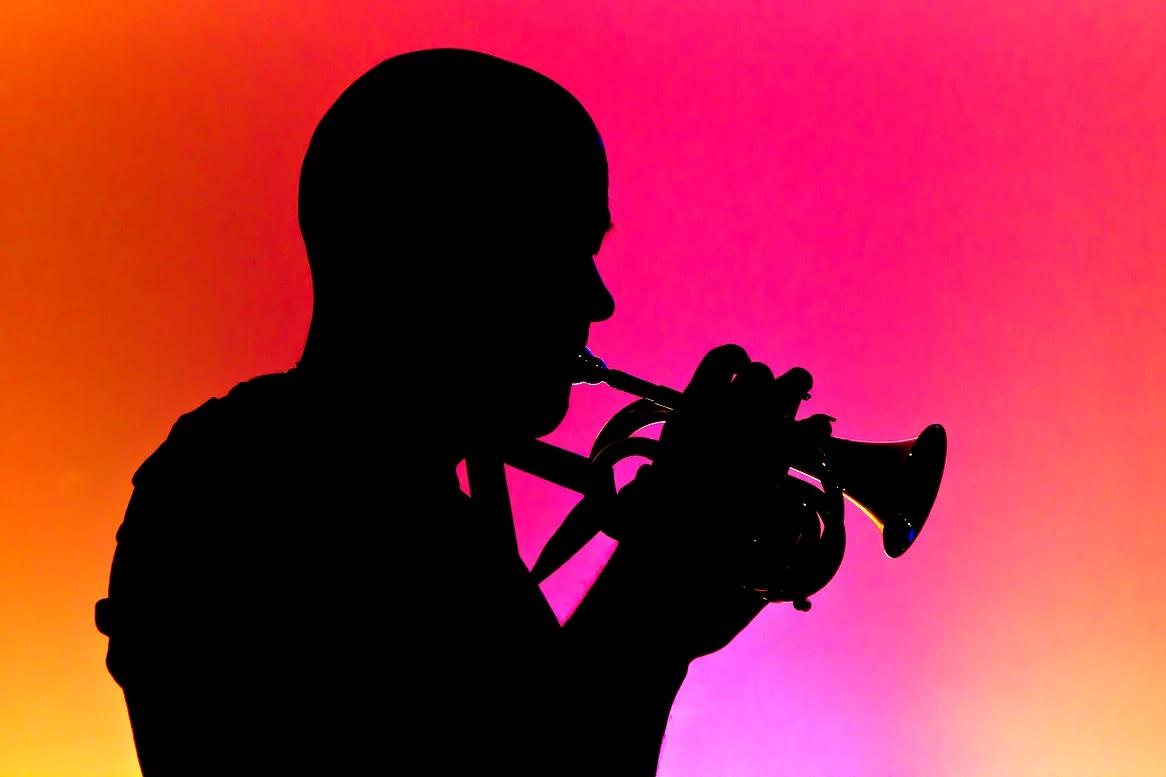
Ottawa Jazz On The Upswing
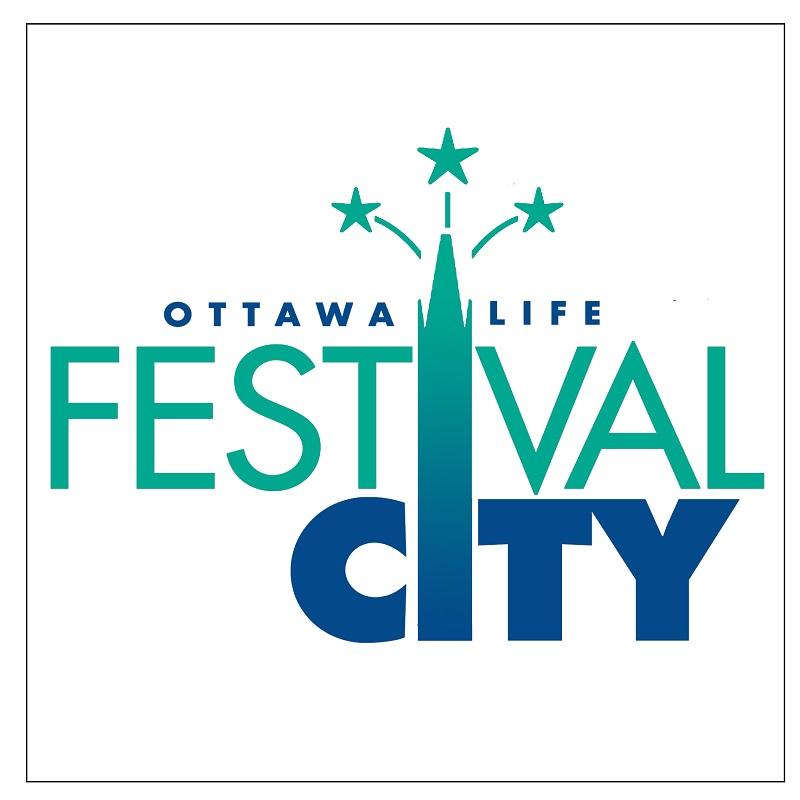 Ottawa Life’s Festival City Series is back! We'll provide a unique look at some of your favourite events.
Ottawa Life’s Festival City Series is back! We'll provide a unique look at some of your favourite events.
We’ll go beyond the music with artist interviews, volunteer profiles, concert reviews and spotlights on
the tastes, sights and sounds of the festival season.
Your city! Your festivals and events!
Like a good sunscreen, Ottawa Life has you covered.
ENTER FOR YOUR CHANCE TO WIN 2 FULL PASSES
TO TD OTTAWA JAZZ FESTIVAL 2017
Photos by Andre Gagne and courtesy of the TD Ottawa Jazz Festival
As Ottawa's music scene has grown into a place where artists no longer need to leave town to make a name for themselves, Ottawa's jazz community has been following suit. With TD Ottawa Jazz Festival entering its 37th year, we talked to local voices and musicians to take a look back at what's changed in Ottawa jazz over the years. So what defines Ottawa's jazz sound?

"It's the creative energy here, and there’s a total respect for tradition here," said local jazz musician and composer Roddy Ellias. "At the same time, there's always been a recognition that the tradition is about moving on."

Rebecca Noelle, singer for Ottawa jazz-fusion group the PepTides, offers a deeper interpretation: "I think the influence from Ottawa's Francophone Canadians has a huge impact on the type of jazz coming out of Ottawa," said Noelle. "The way east coast jazz might reflect some Celtic ideas, I have found some of Ottawa's jazz to reflect the Quebec chanson style of storytelling."
Looking into the city's past in the genre, one of the biggest changes has been the size of the pool of veterans, passing down knowledge to the next generation.
"There was an informal system of mentorship that was very valuable for me," says Ottawa drummer Nick Fraser, who plays with Kris Davis and Tony Malaby on June 22nd.
"The seventies and eighties offered lots of opportunities to play jazz six nights a week and to play with world class musicians traveling through town which in turn offered opportunities to play with those people on the road as well," says Ellias.

But while the landscape and people have changed, this doesn't mean things are on a down turn, in fact blogs and new venues are helping make it all new again.

"We now have one of the nicest venues for jazz, namely Gigspace," says Jesse Stewart, musician and Jazz Professor at Carleton University. "Thanks to OttawaJazzScene.ca, we have the most comprehensive coverage of the local jazz scene of any Canadian city."
Social media is proving more important than ever as well when promoting the improvisational magic of jazz. "The social media whiz kids who are posting viral videos of epic jazz jams featuring some of the best new musicians," says Noelle. "They're thrusting jazz into plain view for other internet savvy people to appreciate, post and share!"
Ellias and Jazz Festival organizer Petr Cancura have targeted the youth to reinvigorate the jazz scene from fresh minds.
"We get to mentor some of these kids through the JazzEd program at Carleton where the jazz program is being expanded as we speak," said Ellias.
"I think education is crucial to the long-term stability of jazz, in Ottawa," said Stewart. "In addition to continuing to train younger musicians, we need to cultivate new audiences for jazz."
As the work echoes these sentiments, the results are becoming hard to ignore.
"I've been noticing some pretty young audience members showing up to performances," says Noelle
"It's wonderful to see and I feel like jazz is finding a new place in the hearts of teens and students."

In The PepTides' case, this has also been in part to their ability to blend Jazz with art-pop among other genres, pulling in listeners from all walks. "People who would never intentionally attend a jazz concert or purchase a jazz album are now falling in love with the concept without even really realizing that it is jazz!" says Noelle. "People are able to realize that jazz takes on many forms."
Stewart sees this fusion approach as one of the main ways the genre's been able to stay relevant and new throughout the years. "To my ears, some of the freshest approaches to contemporary jazz are those that are informed by different modes of music making such as soul, hip hop, funk," says Stewart.
That's jazz in a nutshell too, a genre as Ellias suggests, "survives on fresh." "It’s about taking chances, exploring, finding your own personal voice and finding ways to move people," says Ellias.
Realistically, it's an ability to create community through collaboration that keeps any scene alive and as Noelle points out, jazz comes by it honestly. " Jazz means sharing, creating art with strangers, and having a platform to be honest, to be yourself, is the one of the best tools for building a supportive community."


